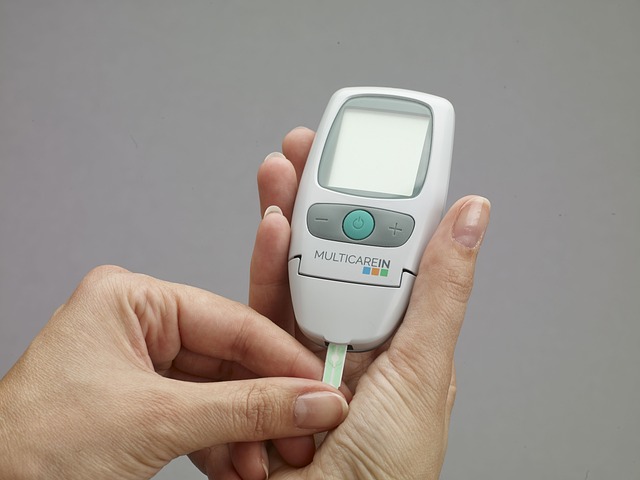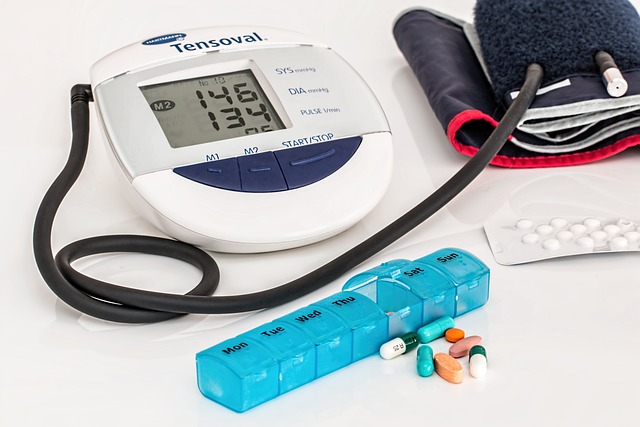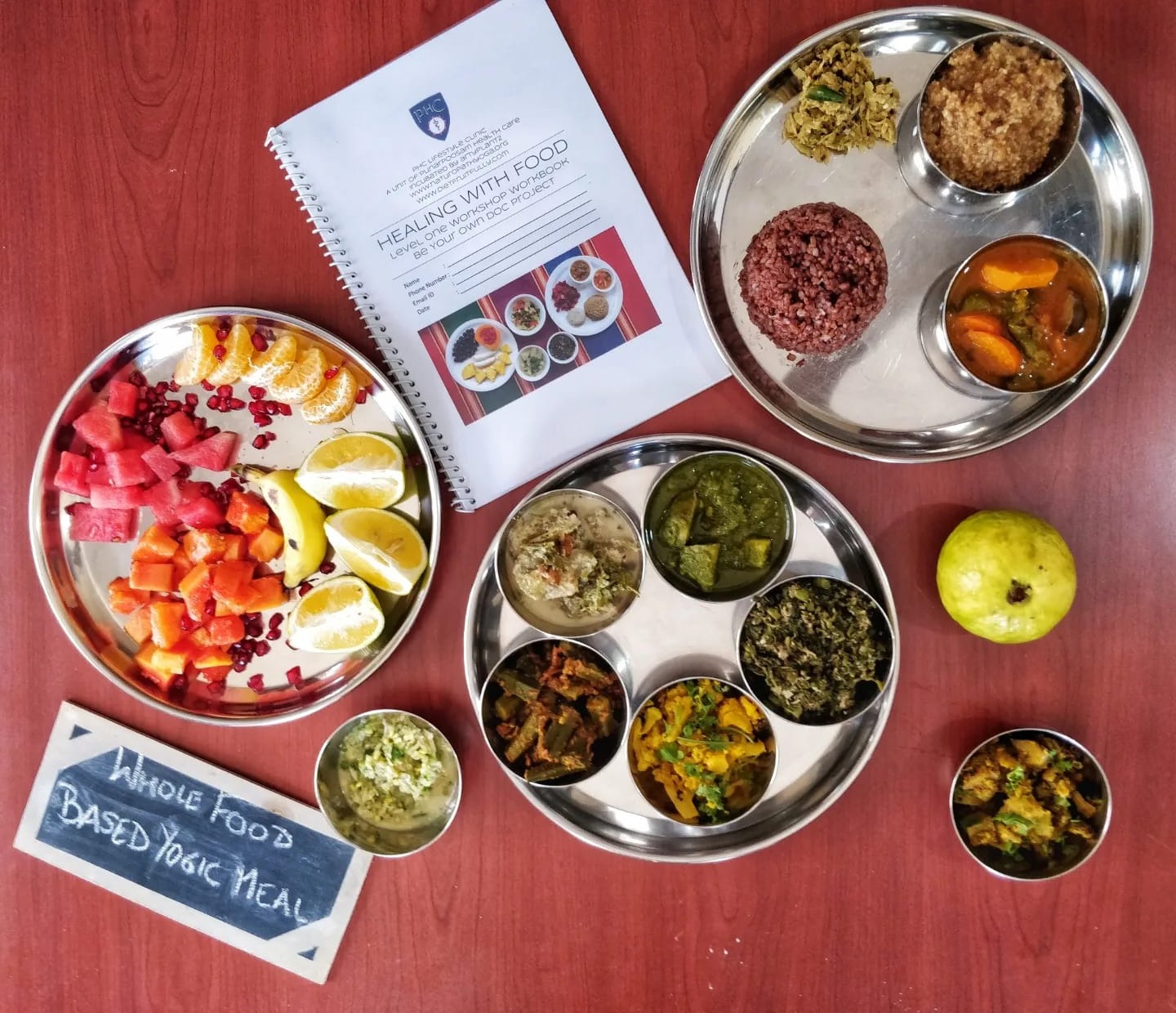An article by ET healthworld.com carried an article titled - "Diabetes cases set to double globally, warns study"
"Given the prevalence of people with T1D is projected to increase in all countries up to 17.5 million cases in 2040, our results provide a warning for substantial negative implications for societies and health care systems" said Graham Ogle from Sydney Medical School, University of Sydney, who is one of the authors of the study.
What is Type 1 Diabetes?
Broadly speaking, there are types of diabetes, Type 1 and Type 2
Type 1 Diabetes or T1D (earlier called juvenile diabetes) is an autoimmune disease. This is where your immune system destroys the insulin making cells of the pancreas, stopping your body from making insulin. This is different from type 2 diabetes or diabetes mellitus type 2, which is a chronic disease. Prevalence of Type 2 diabetes is much more.
This autoimmune condition can occur in children and adults alike. While the cause of type 1 Diabetes is not clear there are several genetic, lifestyle and environmental factors that influence and increase your risk for the same.
Risk factors
Type 1 diabetes is influenced by several genetic, environmental and perhaps even lifestyle factors.
- Having a family history of type 1 Diabetes: A family history of diabetes is defined as the presence of at least one first-degree relative (parent, sibling or child) with Type 1 Diabetes Mellitus. A positive family history for T1DM has been shown to be associated with an increased risk of developing the disease in children and adolescents.
- Dairy consumption: Cow's Milk Exposure and Type I Diabetes Mellitus: A critical overview of the clinical literature found that early exposure to cows milk maybe an important determinant of subsequent type 1 diabetes and may increase the risk of type 1 Diabetes by over 1.5 times.
- Possible exposure to certain types of infections of viruses: Such as mumps or rubella cytomegalovirus
- Other genetic factors: Genetic factors that affect the way you produce insulin
- Ethnicity: Some ethnic groups have a higher incidence of T1D than others. Caucasians seem to be more prone to develop T1D than African-Americans and Hispanics. Asians have a lower chance of developing T1D than Africans and Latin Americans.
Future of Type 1 Diabetes
The article points out that by the year 2040 people living with type 1 Diabetes across the world is said to double. The study estimates a jump to between 13.5 million and 17.4 million from the current estimate of 8.4 million.
According to this paper "Type 1 diabetes mellitus (T1DM) is also on increase like type 2 diabetes, even though not in the same proportion, but still with a trend of 3–5% increase/year. India has three new cases of T1DM/100,000 children of 0–14 years."
India is among the countries with highest estimated prevalence of type 1 diabetes.
According to this Lancet report "Children and adolescents living with Type 1 Diabetes (T1DM) in India face multitude of challenges including lack of free supply of insulin, syringes, glucose measuring devices and strips, lack of structured diabetes education and counselling, and inadequately trained health care professionals.1"
The report goes on to say "Government of India took initiative to launch the National Programme for Prevention and Control of Cancer, Diabetes, Cardiovascular Diseases and Stroke (NPCDCS) in the year 2008.3
This program is adult-centric with no initiatives to address juvenile non-communicable diseases (NCD).3
A few non-government organizations and pharmaceutical companies offer some support for T1DM in India.4 However, these are all isolated piece meal initiatives."
"There is an opportunity to save millions of lives in the coming decades by raising the standard of care for T1D (including ensuring universal access to insulin and other essential supplies) and increasing awareness of the signs and symptoms of T1D to enable a 100% rate of diagnosis in all countries" said Graham Ogle
The article further breaks down the age group, income brackets and causes of death of people affected by T1D world wide. It also talks about the prevalence rate and burden of diabetes on high-income countries, lower-middle-income countries and low income countries
There is a need for more awareness, better diagnosis and easier insulin access for T1D. At the same time there is an urgent need for lifestyle interventions that can help people with Type 1 Diabetes. This can greatly improve quality of life.
- Potentially lower your risk of T1D
- Help manage your blood sugar levels if you are already diagnosed with T1D
- Encourage the right kind of exercise for the condition
- Design a nutrition plan that is balanced while excluding foods that can worsen the disease
- Introduce better stress management tools for overall health
The article concludes with details of the study data
"Researchers modelled data on childhood, adolescent and adult T1D in 97 countries, along with incidence over time data from 65 countries and mortality data from 37 countries to predict T1D incidence, prevalence, and mortality in 2021 for 201 countries, with projections of future prevalence through 2040"
Complications for Adults with Type 1 Diabetes
Adults with either type of diabetes may have to deal with long term complications if you are unable to manage them well. Complication of diabetes include
- Cardiovascular disease - including a higher risk of heart attack and stroke
- Nephropathy - kidney damage and even kidney failure
- Diabetic Retinopathy - damage to the retina of the eyes is a common problem in poorly managed diabetes
- Nerve damage - impaired blood flow leading to damaged nerves and hardening of arteries leads to lack of sensation in your feet.
- Skin infections - higher risk of bacterial or fungal infections
Other complications for people with diabetes include:
- Problems with wound healing
- Gum disease
- Pregnancy issues
The increase in the prevalence of diabetes world over is a call to adopt a healthier lifestyle not only for adults with type 1 diabetes but for all. The burden of diabetes both type 1 and type 2 as well as the complication of diabetes can be reduced with the right interventions
Dietary Interventions for People with Type 1 Diabetes
Care for type 1 diabetes starts with early detection. This when combined with the right lifestyle intervention can go a long way in blunting the autoimmune inflammation and keeping the long term effects of type 1 Diabetes at bay.
Type 1 Diabetes is an autoimmune condition we didn't think we could do anything about.
- Today we know that patients with type 1 Diabetes may be able to reduce insulin requirements and achieve better glucose levels with healthier diets.
- Studies are found that whole fruits and vegetables are associated with better blood sugar control for those struggling with type 1 Diabetes.
- The anti inflammatory effects of a diet rich in healthy whole plant foods maybe able to slow down or even prevent more destruction of the beta cells of the pancreas which produce insulin in children recently diagnosed with T1D
- Adults who have had type 1 diabetes for several years can still benefit from eating a healthy plant-based diet. They can maintain better blood sugar levels, reduce inflammation, reduce overall cardiovascular disease and other complications of diabetes by doing so
- It may be prudent for people with Type 1 Diabetes to avoid animal-products including dairy to better manage blood sugar levels.
A healthy diet goes a long way in diabetes management and in preventing further diseases that are caused by diabetes. People with diabetes, irrespective of the form of diabetes, can greatly benefit from these dietary interventions as their condition is dependent on dietary factors.
Next Steps - Get Started Today
If you or someone you know has been diagnosed with Type 1 or Type 2 Diabetes, we may be able to help
1. Book an online consultation with Dr. Achyuthan Eswar to understand more about specific lifestyle changes and how you can adopt them
2. Subscribe to our 100% whole food plant based Diabetes meal plan, designed to help prevent and better manage diabetes from the comfort of your home - Bengaluru only
3. Stock up on delicious and diabetic-friendly sweets and snacks that are sugar/jaggery-free, oil-free, maida-free and plant-based - Available Pan-India






